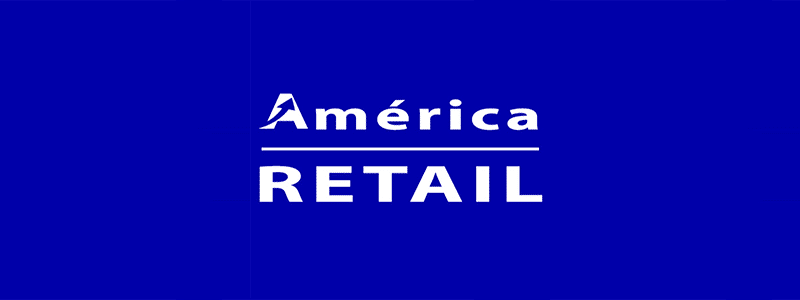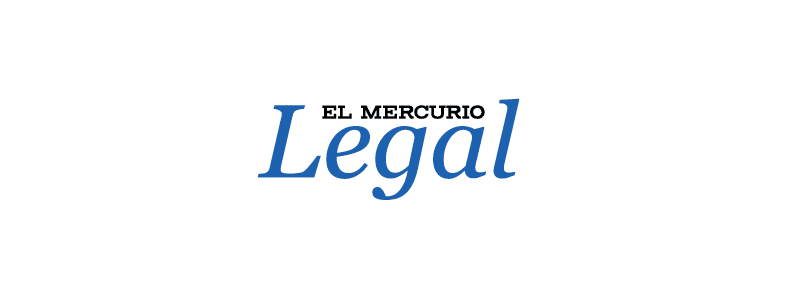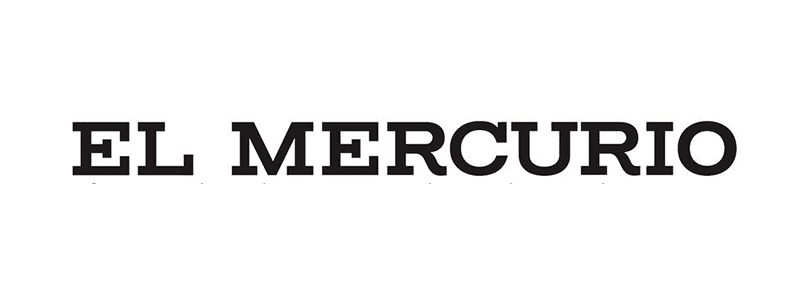Google, the colossus of Silicon Valley, is challenged by Bates, who demands compensation of 1.67 billion dollars.
In the vibrant universe of technology, where innovation is the most valuable currency, we find the case between Google and Joseph Bates for alleged patent infringement in the development of Tensor Processing Units (TPU), which, It stands out as a milestone not only legal, but also ethical and competitive. This legal confrontation is not a mere dispute over intellectual property rights; It is a reflection of the complex dynamics that underlie technological development and its legal protection.
Google, the Silicon Valley colossus, is challenged by Bates, who is seeking compensation of $1.67 billion, arguing that TPU technology, which is essential for services such as Search, Gmail and Translator, would infringe its patents. . This episode highlights the tension between the freedom to innovate and the need to protect individual inventions, a balance fundamental to technological progress.
The confrontation focuses on a core issue which leads us to a question: To what extent can a company claim as its own a technology that is, possibly, a collective construction of prior knowledge? From a local perspective, the industrial property law in Chile, similar to those of other countries, establishes that an invention is patentable if it is new, results from an inventive activity and has industrial application (Law No. 19,039 on Industrial Property). However, applying these criteria in the technological field, where innovation is exponential and cumulative, poses unique challenges.
Google argues that its engineers developed TPUs independently, a defense that underscores the complexity of attributing ownership to ideas in an era where knowledge is vast and accessible. This argument highlights the importance of fostering an environment where innovation is not restricted by fears of infringement, but protected in a way that further encourages creativity.
This case also illuminates the strategic importance of artificial intelligence and its underlying hardware today. TPUs are not mere components; They are at the heart of Google’s ability to process information at unprecedented scale and speed. Thus, the outcome of this dispute could impact not only Google’s financial and operational structure, but also the future trajectory of AI innovation.
The legal battle between Bates and Google invites broader reflection on how intellectual property laws can keep pace with the speed of technological innovation. In an ideal world, these laws should serve as catalysts for innovation, ensuring that inventors receive the recognition and compensation they deserve, without stifling collective progress.
The need for a fair balance between protection and progress has never been more critical. As we move further into the uncharted territory of advanced technology, cases like Google Vs. Bates will not only determine the future of specific companies, but will also shape the principles that will govern the innovation of tomorrow.
This showdown is a reminder that, in the technology race, victories are not measured only in terms of technological advances, but also in the ability to navigate the complex labyrinth of intellectual property, ensuring that the balance between innovation and protection remains in place. balance. In this context, the technology sector and the legal community must collaborate to forge a future where innovation flourishes, while respecting the rights of innovators.
Column written by Carlos Lazcano, senior associate of the IP, Tech and Data group.
Available in América Retail, April 18, 2024.




